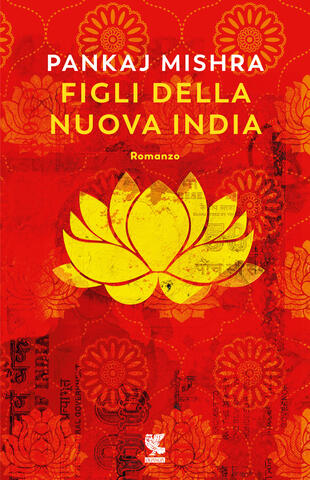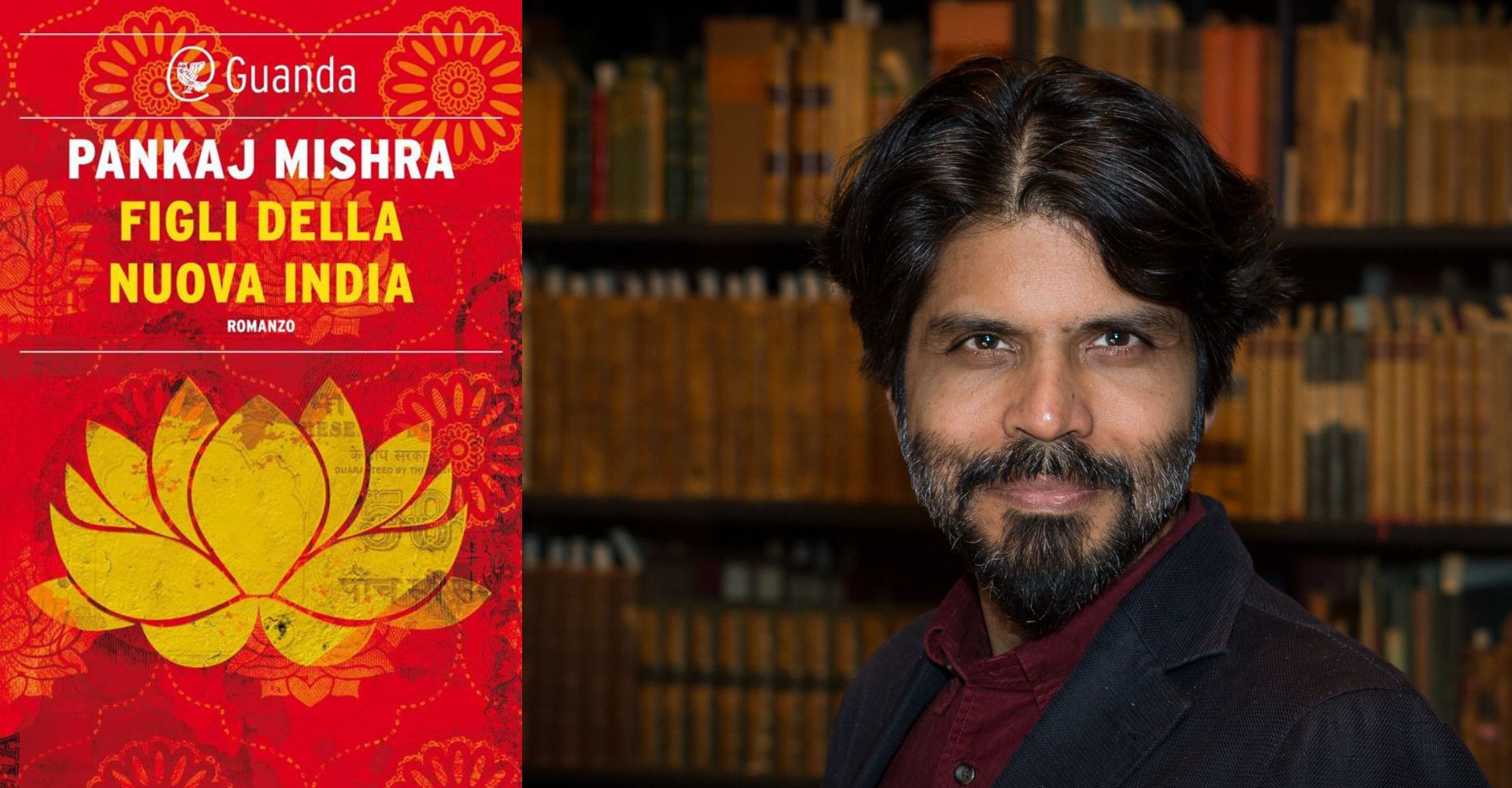Figli della nuova India
-
Tradotto da: Maria Federica Oddera
- Leggi le prime pagine
Tutti i formati dell'opera
Acquistalo
Sinossi
L’Indian Institute of Technology è un sogno per tutti i giovani indiani che desiderano raggiungere il successo e sfondare nel mondo della finanza. Soprattutto per chi, come Arun, è nato in una casta inferiore e ha conosciuto un’infanzia di privazioni e durezza. Per questo, quando viene ammesso nella prestigiosa università di Delhi, Arun sa di avere tra le mani il lasciapassare per un futuro diverso, la possibilità di riscattarsi dalla sorte dei genitori. Ma le cose per lui non vanno come aveva sognato: sempre tormentato dal timore di essere smascherato come intruso, non sa condividere la feroce ambizione degli altri studenti, quello sfrenato desiderio di fama e ricchezza che li porterà a valicare le barriere sociali. Così, mentre gli amici, terminati gli studi, conducono una vita in stile Gatsby, tra lusso, feste e una estrema libertà sessuale, Arun si ritira con la vecchia madre in un piccolo villaggio sull’Himalaya dove, immerso nel paesaggio vasto e silenzioso, si dedica al lavoro di traduzione. Il suo idillio solitario si interrompe però con l’arrivo di Alia, una giovane donna che sta raccogliendo materiale per scrivere un libro sui suoi vecchi compagni dell’IIT. Affascinato, Arun si lascia trascinare in quel mondo da cui era fuggito e si trova davanti a una verità incontestabile: «Per troppi uomini come noi essere liberi ha significato profanare gli ideali e i valori che guidano la maggior parte degli esseri umani». Se vuole occupare un posto vicino ad Alia, Arun si troverà costretto a scegliere: non solo da che parte stare, ma che persona vuole essere.
- ISBN: 8823532205
- Casa Editrice: Guanda
- Pagine: 352
- Data di uscita: 29-08-2023



